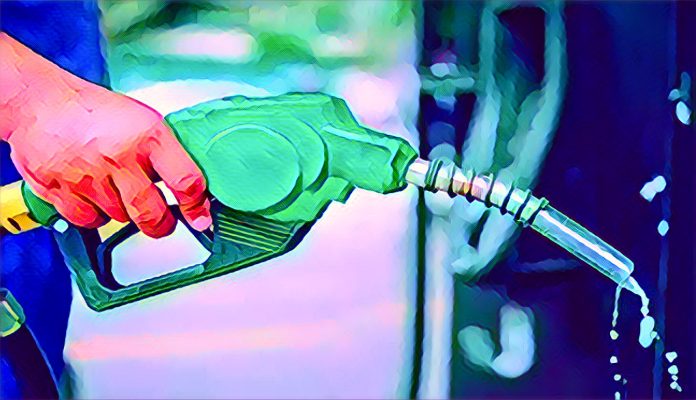KEY POINT
- Petrol landing cost in Nigeria drops to N900 per litre.
- Currency stability and lower global oil prices drive the reduction.
- Reduction in petrol landing cost may lower Nigeria’s fuel prices
The cost of importing petrol into Nigeria has dropped to N900 per litre, providing potential relief for fuel prices across the country. According to Punch News, the reduction in petrol landing costs is largely attributed to a combination of lower global oil prices and the stabilization of the naira against major foreign currencies.
This development comes at a time when Nigerians are grappling with the impact of high fuel prices following the removal of the fuel subsidy. The current drop in landing cost offers a glimmer of hope for consumers, as it could translate into lower pump prices for petrol.
The landing cost refers to the cumulative expense of importing refined petroleum products, including charges for shipping, insurance, and port handling. It plays a significant role in determining the final retail price of fuel in Nigeria.
Factors driving the reduction in Nigeria’s petrol landing cost
Two major factors have contributed to the drop in Nigeria’s petrol landing cost to N900 per litre.
-
Global oil price decline
The recent decline in international crude oil prices has had a direct impact on the cost of refined petroleum products. Since petrol is a byproduct of crude oil, any drop in global oil prices leads to a reduction in the cost of petrol imports.
Over the past few weeks, crude oil prices have fallen due to concerns about a potential global economic slowdown and lower energy demand. This price reduction has resulted in cheaper refinery outputs, leading to a reduction in the cost of importing petrol into Nigeria. -
Stabilization of the naira
Another critical factor is the relative stability of the naira against major foreign currencies. With the Central Bank of Nigeria (CBN) working to stabilize the exchange rate, the naira has held steady against the U.S. dollar. Since fuel imports are typically priced in dollars, a stable naira reduces the cost of importing refined petrol.
The combination of these two factors; falling crude oil prices and a stronger naira, has created an ideal scenario for reduced petrol landing costs. Market analysts have noted that if these conditions persist, Nigeria may see further reductions in pump prices.
Impact of lower petrol landing cost on fuel prices in Nigeria
The reduction in petrol landing cost to N900 per litre could have significant implications for Nigeria’s fuel prices, household budgets, and overall economic stability.
-
Potential decrease in pump prices
If oil marketers pass on the reduced landing costs to consumers, Nigerians could experience a reduction in the price of petrol at the pump. This would provide much-needed relief to households and businesses that have been grappling with rising transportation and logistics costs since the removal of the fuel subsidy.
-
Economic relief for households and businesses
Lower fuel prices could ease the financial strain on Nigerian households, especially for those who rely on petrol for transportation and electricity generation. Reduced transportation costs may also lead to lower prices for essential goods, as logistics and delivery fees are a key component of pricing for food, consumer products, and other essential items.
-
Support for economic stability
Nigeria’s inflation rate has surged in recent months due to the removal of the fuel subsidy and the devaluation of the naira. If pump prices are reduced following the drop in petrol landing costs, it could help to reduce inflationary pressures. This would support the government’s efforts to stabilize the economy and boost consumer confidence.
While the drop in petrol landing cost is good news, some analysts have cautioned that fluctuations in crude oil prices and currency volatility could reverse these gains. As such, industry stakeholders and policymakers will be closely monitoring oil prices and currency movements to determine the long-term impact on Nigeria’s fuel market.
With Nigerians eagerly watching fuel prices, the reduction in petrol landing cost offers hope for much-needed relief. If oil marketers and the Federal Government act swiftly, the country could see lower fuel prices in the coming weeks.



